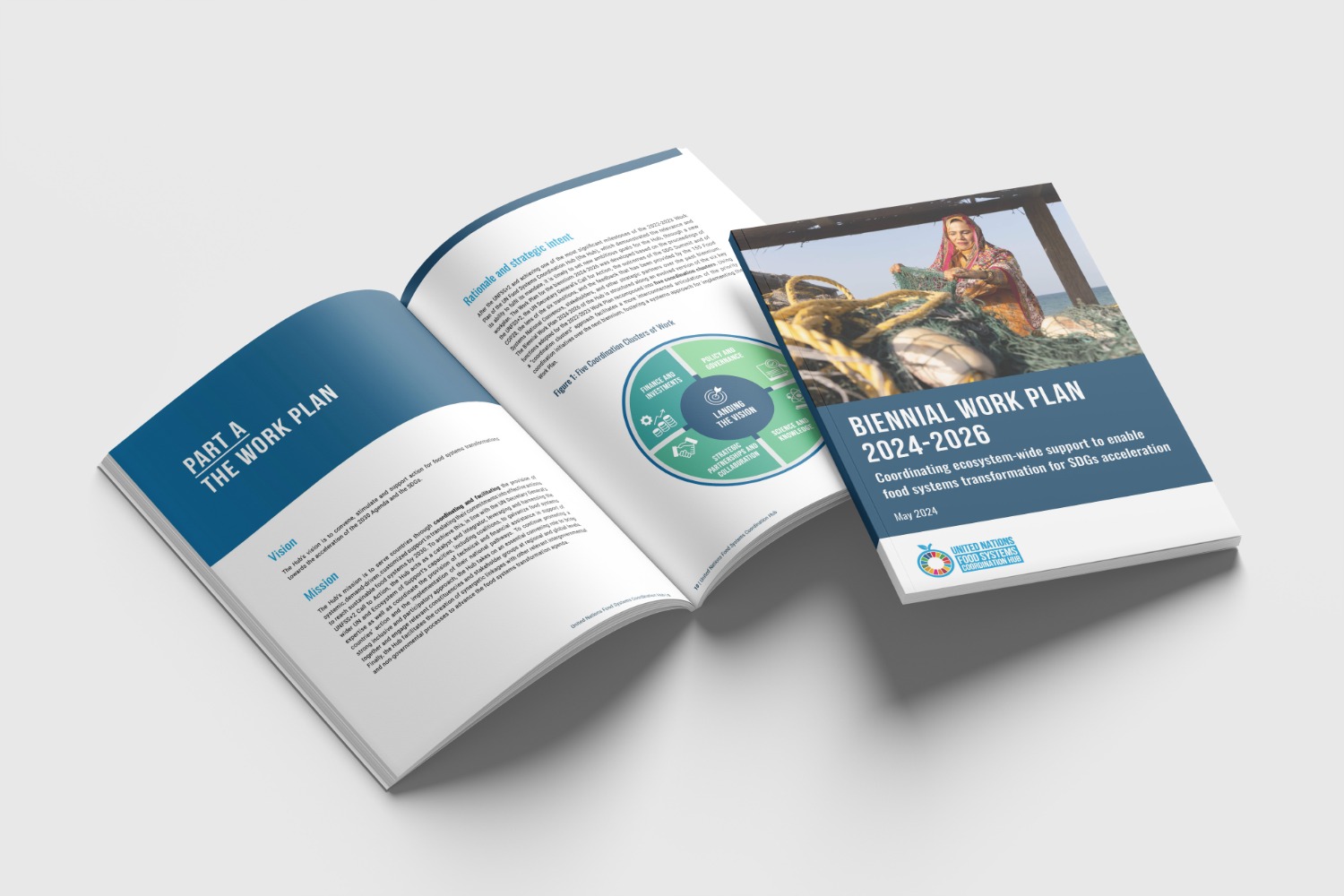SEED FUNDING JOINT PROGRAMMES
Egypt
Strengthening Sustainable and Resilient Food and Nutrition Systems in Egypt for SDG Acceleration




PROJECT TITLE | Strengthening Sustainable and Resilient Food and Nutrition Systems in Egypt for SDG Acceleration |
| Context | Egypt engaged actively in the 2021 Food Systems Summit process, convening a national dialogue and developing national pathways with recommended interventions for improving food security and nutrition by 2030. To enhance multi-sectorial coordination and spearhead the transformation process, the Government created a National Committee for Food and Nutrition Systems chaired by the Prime Minister and bringing together several ministries to coordinate joint actions. Strengthening coordination mechanisms, fostering multi-stakeholder partnerships, consolidating accountability structures, focusing on the availability of evidence, analysis, and data, are identified as key priorities to strengthen the food systems governance structure in Egypt. |
| PUNOs | WFP, FAO, UNICEF |
| Contribution to SDGs | SDG 2 Zero Hunger, SDG 3 Good Health and Well-being, 12 Responsible Consumption and Production. |
| Contribution to other SDG transitions | Climate, biodiversity, pollution |
| Duration | June 2024 – May 2025 |
| Expected financial leverage | $87,000 (PUNO co-financing) |
| Alignment with SG Call to Action | Policy integration; Food systems governance; Research, data, technology and innovation; Inclusive and participatory design; Private sector engagement |
| Outcomes | The JP contributes to strengthening policy and governance frameworks for food systems transformation and generating evidence and analysis on key dimensions of food systems to inform decision-making, supporting the work of the National Committee for Food and Nutrition Systems. The JP complements the government’s flagship program “Country Platform for the Nexus of Water, Food and Energy”, which provides a mechanism to mobilize climate finance and private investments. |
| Partners |
|
| Outputs |
|
The Biennial Work Plan 2024-2026

31/05/2024
Following the Hub’s 2022-2023 Biennial Work Plan, the new Work Plan of 2024-2026 reaffirms the mission of the Hub to focus on serving countries through coordinating and facilitating the provision of systemic, demand-driven, customized support in translating their commitments into effective actions to reach sustainable food systems by 2030. The emphasis remains on concretely facilitating the coordination of support to countries in collaboration with agencies supporting the Hub at HQs, regional and country levels, the wider UN System, Resident Coordinators (RCs), UN Country Teams (UNCTs), and the national Ecosystem of Support (EoS) to ensure profound and sustainable impact.
This Work Plan is structured along an evolving version of key functions adopted for the 2022-2023 Work Plan recomposed into five coordination clusters. This “coordination clusters” approach facilitates a more interconnected articulation of the priority coordination initiatives over the next biennium, fostering a systems approach.
This Work Plan is structured along an evolving version of key functions adopted for the 2022-2023 Work Plan recomposed into five coordination clusters. This “coordination clusters” approach facilitates a more interconnected articulation of the priority coordination initiatives over the next biennium, fostering a systems approach.
